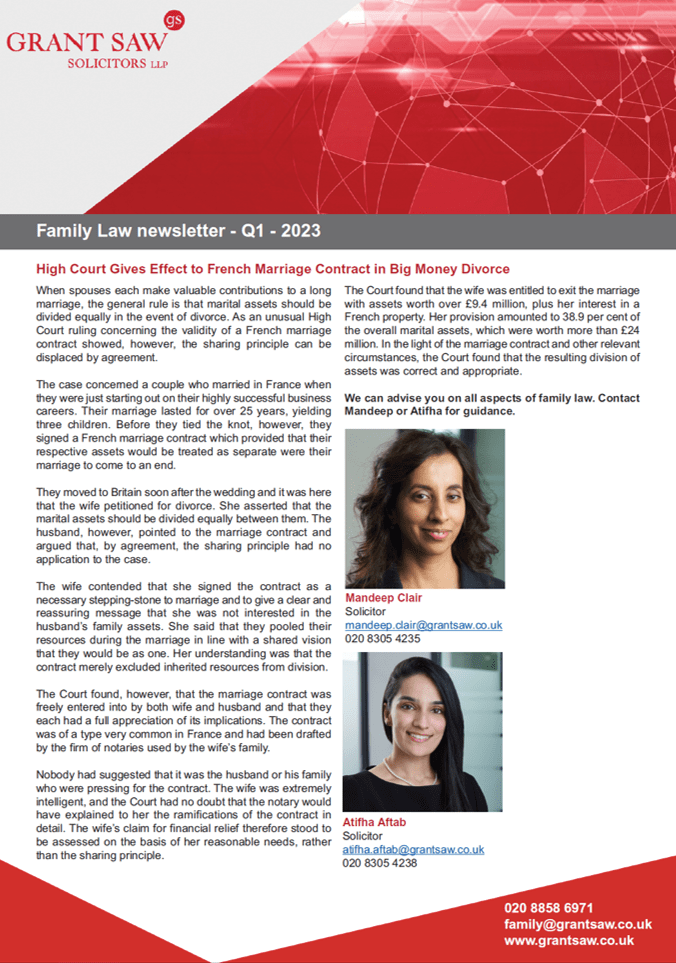What is wrongful trading?
The main features of a claim for wrongful trading are:
- Before the commencement of the company’s liquidation or administration, its director knew or ought to have known that there was no reasonable prospect of the company avoiding insolvent liquidation or administration (this point is sometimes known as the ‘insolvency point’); and
- From the insolvency point, the director failed to take every step to minimise future losses to the company’s creditors; and
- As a result of the directors’ wrongful trading there was loss to the creditors and/or the company’s assets.
Who can bring a claim for wrongful trading?
Since October 2015, a claim for wrongful trading can be made by both Administrators and Liquidators. Prior to 2015 only Liquidators could bring this claim.
Additionally, a Liquidator or Administrator can also assign a claim for wrongful trading to third parties. This usually occurs where there are insufficient funds in the insolvent estate to pursue a claim for wrongful trading; or where the losses sustained as a result of wrongful trading are largely attributable to one or a few creditors only; or where majority of the creditors don’t have an appetite to pursue a claim for wrongful trading but some of the minority creditors do.
It is important to note that claims for wrongful trading can be brought against directors of the insolvent company only. Case law has confirmed that this extends to shadow or de facto directors as well.
What are the consequences of a wrongful trading claim?
If a claim for wrongful trading is successful, the court is likely to make an order for the director to personally contribute towards the losses incurred by creditors or the losses related to the company’s assets. The Insolvency Act 1986 gives the court wide discretion to make any orders it thinks fit for the purpose of remedying the losses.
Where a wrongful trading claim is brought against more than one director, liability for the loss suffered by the company and its creditors will be joint and several as between all the directors. However, it is possible for the court to make declarations as to the amounts each of the directors should pay.
Can I challenge a claim for wrongful trading?
If you are a director of an insolvent company who has been accused of wrongful trading, you may be able challenge the claim, however each case is dependent on its own merits. The challenges to a wrongful trading claim can be very technical and therefore a specialist lawyer is required to consider the specific details of the allegations. Nevertheless, we have been able to compile a non-exhaustive list of possible challenges below:
- The director took every step with a view to minimising future loss to the creditors and/or the company’s assets.
- Given the experience, skill and knowledge of the director, he/she didn’t know or couldn’t have known that the company was insolvent as alleged and therefore, couldn’t have taken every step to minimising future loss. Here the court will look at both an objective test of what a diligent director would have done in such circumstances as well as a subjective test, namely the state of mind of the director.
- The insolvency point occurred much later than alleged. In practice this is more likely to serve as mitigation for reducing the losses, instead of an outright defence to a wrongful trading claim.
- No losses were suffered by the creditors of the company as a result of the wrongful trading.
Our lawyers have extensive experience in advising directors who are faced with wrongful trading claims and have successfully defended clients who were subjected to such proceedings. Our lawyers will be able to provide you with bespoke and cost effective advice tailored to your circumstances.
Meet the Wrongful Trading team















































